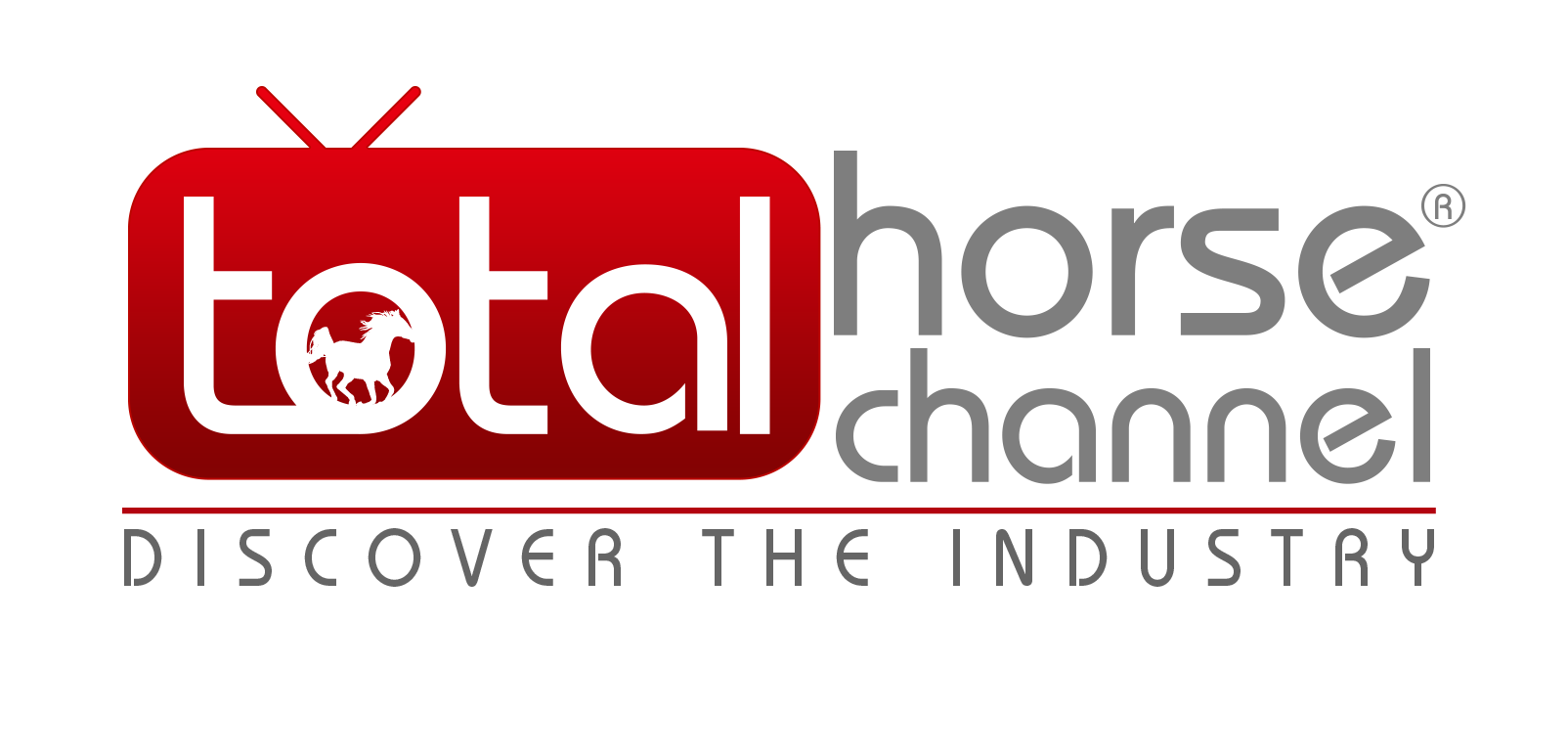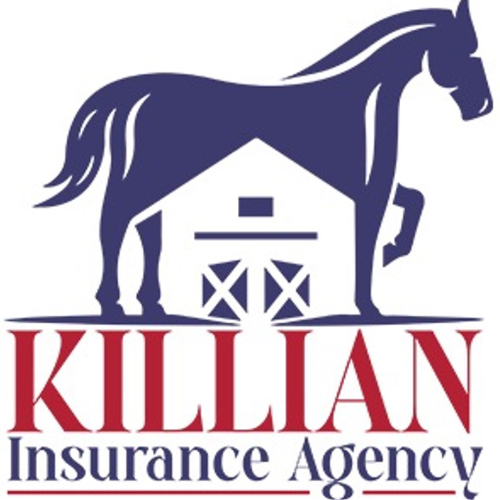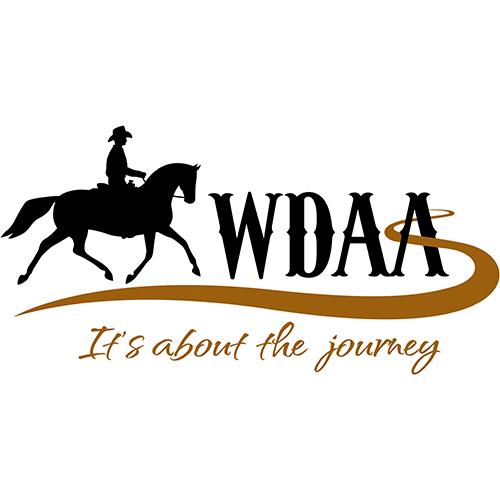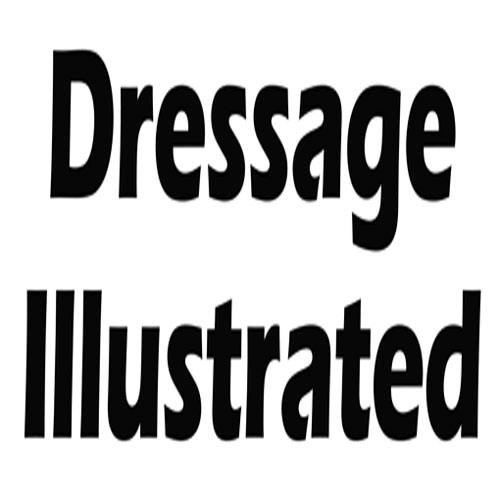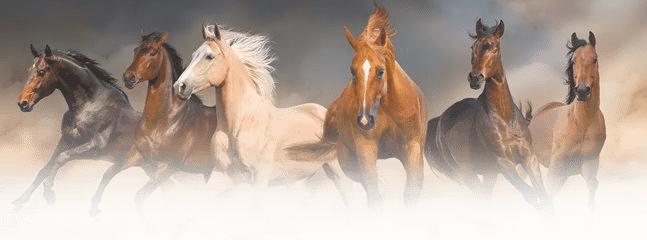Horse racing enthusiasts, like Vegas Casino Games players, experience both successes and
defeats. Despite the ups and downs of horse race betting, betting on a horse race is more popular
than ever. Observers calculate that it generates a worldwide market that’s worth over a hundred
billion dollars.
Some bettors make an informed choice based on a horse’s past behavior and breeding while
others look at statistics, the tracks engineering, the jockey’s equestrian skills and the expected
weather patterns at the time of the race. Others make their wager based on the horse’s name, his
color or markings or other unrelated points.
Some people throw down their bet without a second thought, but if you want to have the best
chance of success at betting on a horse race, think about the math about which bets work.
Betting
Horses are sometimes raced purely for sport but throughout history a major part of horse racing’s
economic importance and interest lies in the gambling that’s associated with it.
Archaeologists have a large body of evidence that shows conclusively that the ancient Egyptians,
Greeks and Romans raced horses. They assume that wagering was involved but there’s no
evidence that this is so.
Horse racing came to England when English knights returned from the Middle East after the
Crusades. These knights brought their Arabian stallions with them and began to race and breed
them. By King James I’s time, betting on the outcome of the races was an established tradition
and continued to be a popular British pastime thanks to corner bookies who accepted bets and
paid out winnings.
While much has changed in the world of horse racing over the past few centuries, the betting
activities remains much as it was in the time of King James. It’s never been complicated to place
a bet and that’s one horse racing tradition that won’t change.
Place a Bet
Today you can place a bet on a horse race in person, at a bookie shop, or at the racetrack itself.
Alternatively, you can bet online at an online sports-book. Basically, you can bet on a single
horse to win, show or place. Or you can wager on a combination of horses. Unless you plan to
close your eyes and wager on an “eeny meeny miini mo” guess, you should invest in checking
out the following tools:
A racetrack program that lists the horses that are running, the jockeys, the trainers, and
the owners.
The Daily Racing Form (DRF) which details the history of the horses that are running
and their past performances. The handicaps will be given on this form along with some
informative articles on horse racing.
Handicapping tip sheets that detail the daily selections of the handicappers.
List of public handicapper selections which is available at race tracks that are covered by
the local newspaper in which a local handicapper makes daily horse selections.
Odds
What will your winning bet give you? Take the odds of your hose and multiply the first number
by 2. Then divide the sum by the second number and add the amount of your bet.
For instance, if you place a $2 bet on a horse with odds of 1/9 your payout on a win would be
$2.20. Or a wager on a horse with 1/5 odds would get you $2.40.
Show Parlay
A show parley bet is a bet in which a group of bettors pool their money into a group wager. Then
each person chooses one horse and one race on which to bet to show. If you place the first bet
you parlay the money on the next horse and race if you win. Winnings can add up on a show
parlay bet – if your group starts out with $20 and each participants wins a $3 show price the
group will have $101 after four races.
Better your Odds
Winning at the track isn’t a science but it’s also not a toss-up. There are some things that you can
do to better your odds of achieving a win. They include:
Listen to your racetracks television simulcast commentator. This is the person who
handicaps between the races. He often has some good tips so listen to see if you can pick
up some ideas.
Statistically speaking, the top ten riders in the jockey standings achieve about 90 percent
of the wins during any one meet. Take this into account when setting your bet.
Although the payoffs are low, betting on the favorite horse gives you a better chance of
winning. The favorite horse wins 33% of the time.
The morning line is the racetrack odds makers prediction of how the public will bet the
race. Play a couple bucks on horses going off at odds two to three times higher than its
morning line to bet an overlay.
Types of Bets
You don’t have to limit your bets to your prediction of which horse will come in first. You can
choose form a range of betting options from a simple bet on one specific horses performance in
one race to a horses performance in four consecutive races.
1. Show Bet – a bet that your chosen horse will finish 1st , 2nd or 3rd . You have a good chance
of winning this bet but the payout are modest.
2. Place Bet – a bet that your hose will finish 1st or 2nd . Good chance of winning with better
payouts than on a to show bet
3. Win Bet – a bet that your horse will finish 1st . Average chance of winning with payout
determined by the win odds
4. Quinella Bet – A bet that your 2 horses will finish 1st and 2nd in either order. Average
chance of winning on a normal bet to box three horses.
5. Extacta Bet – A bet that your horse will finish 1st and 2nd in that exact order. This is a
risky bet that can offer a small or large payout depending on the horses; odds.
Additional bet options include a trifecta bet that says that the horses on which your betting must
finish 1st , 2nd and 3rd in that exact order, a superfecta bet in which your horses must finish 1st , 2nd
3rd or 4th , a daily double bet in which your horse must win 2 consecutive races and Pick 3, Pick 4
and Pick 6 in which your horse must win 3, 4 or 6 consecutive races. The more complicated the
bet, the higher the winning, if you do, in fact, guess it right!
